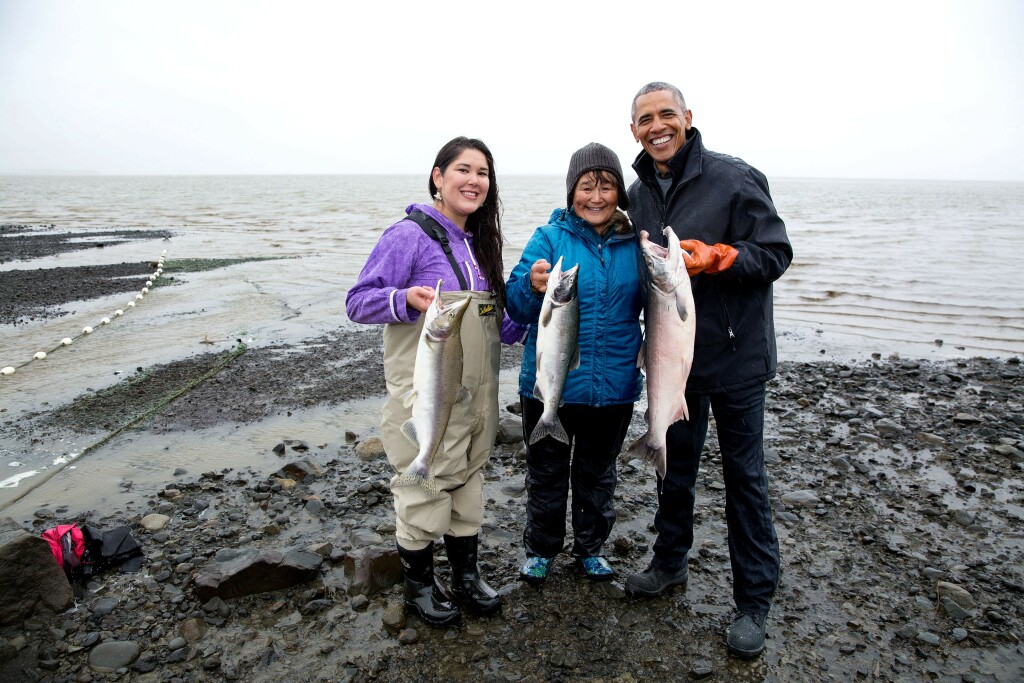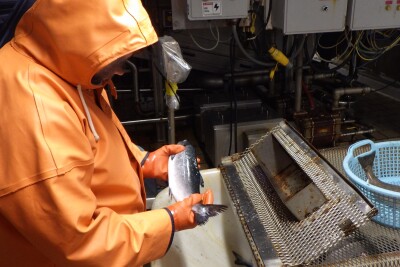On Thursday, Sept. 9, the U.S. Environmental Protection Agency announced that it will reinstate a clean water protection proposal for Alaska’s Bristol Bay.
The EPA will vacate its 2019 decision to withdraw proposed protections for Bristol Bay and reinstate the agency’s 2014 proposed determination under section 404(c) of the Clean Water Act. If finalized, the protections would restrict mining in the region to protect the watershed by limiting the amount of waste water and mine waste discharge that could be released into waters in the Bristol Bay region.
Follow our Pebble Mine coverage
“This announcement is a historic step forward in the long fight to protect Bristol Bay, our fishery, and our people,” said Robert Heyano, president of United Tribes of Bristol Bay. “The people of Bristol Bay are counting on the EPA to listen to the science and finish the job of protecting our lands and waters."
The announcement comes after a recent ruling from the Ninth Circuit Court of Appeals and as the result of a lawsuit filed by Tribes, fishermen, conservation organizations, and others against the 2019 withdrawal decision.
“The people of Bristol Bay are very clear: We want the Environmental Protection Agency to take action to protect our watershed,” saidAlannah Hurley, United Tribes of Bristol Bay executive director, in the days leading up to the announcement.
President Obama visited Bristol Bay in 2015, calling it “critical” to “protect this incredible natural resource.” But the effort to provide EPA protections was halted under the Trump administration. President Biden had promised protections during his campaign.
“Bristol Bay needs certainty that our salmon fishery and the economy and way of life it supports will continue to support generations to come,” said Katherine Carscallen, executive director of Commercial Fisherman for Bristol Bay.
The difference between the 2014 proposal and today’s is that the Pebble Partnership has since filed a permit and been denied by the U.S. Army Corps of Engineers. The legal action that led to the 2019 reversal called the EPA’s 2014 Clean Water Act protections a pre-emptive veto because they were issued prior to a permit application.
In the filing, the EPA also acknowledged that the withdrawal of the proposed determination did not meet the court’s standard for appropriately considering the devastation a mine like Pebble would cause in the Bristol Bay watershed.
“This is a smart and significant step toward putting more durable safeguards in place for Bristol Bay’s fish, clean water, communities and businesses,” said Nelli Williams, Alaska director for Trout Unlimited, which joined in the lawsuit. “This is an important layer of protection that makes it much more difficult for the Pebble Partnership, or any other companies in the future, to mine the Pebble ore deposit.”
Bristol Bay Tribes and communities celebrated the announcement that the Environmental Protection Agency will resume work on permanent protections for the Bristol Bay watershed that could safeguard the region.
“The fifteen federally recognized Tribes of the United Tribes of Bristol Bay who call this region home, have worked for decades to protect our pristine watershed that sustains our sacred indigenous way of life,” Heyano said.







